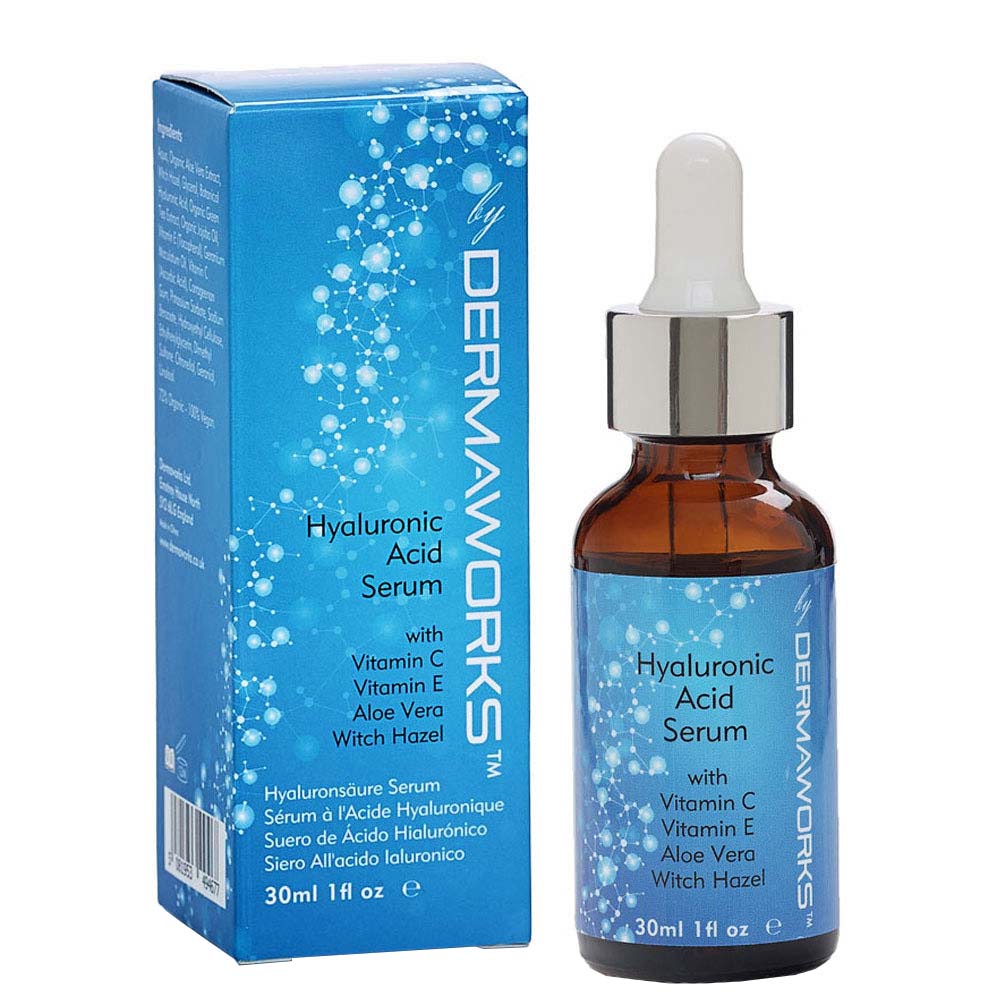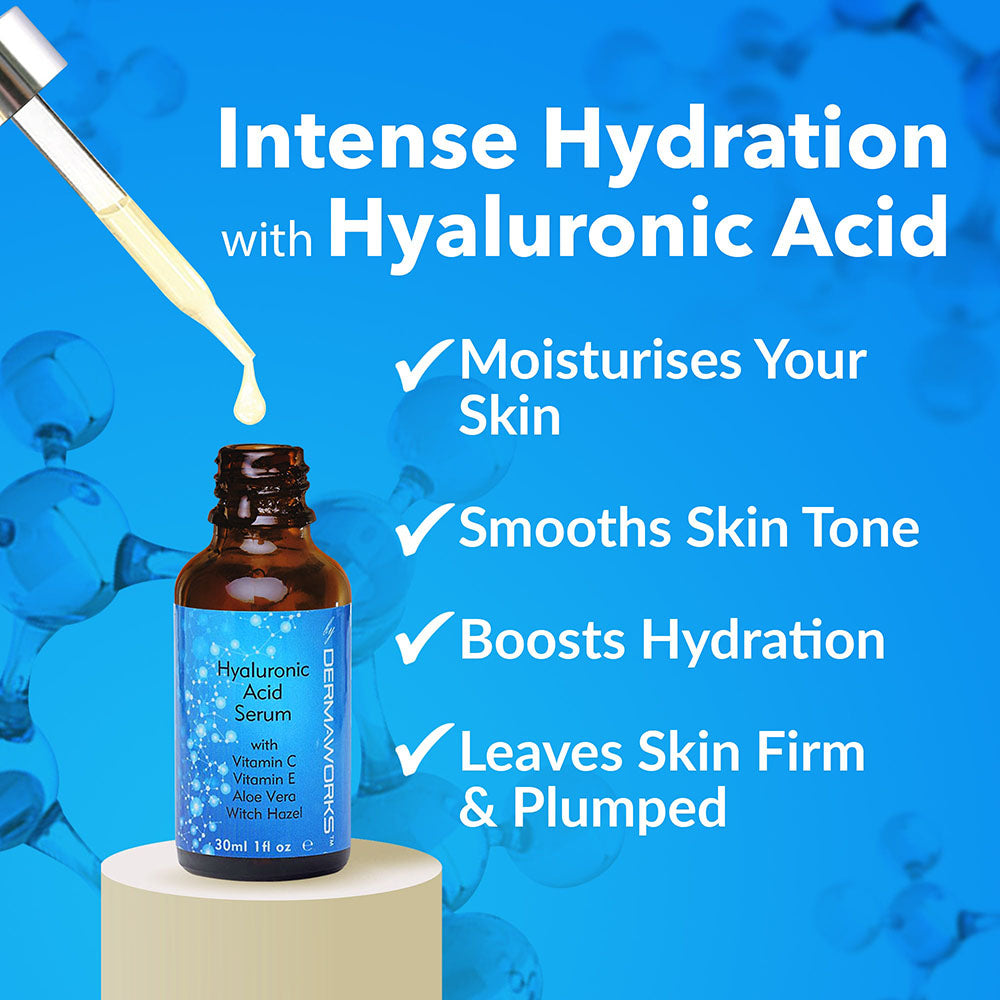Is Hyaluronic Acid Good For Treating Acne?

Hyaluronic acid has gained significant popularity in recent years for its potential benefits in skincare. Known for its excellent hydration properties and skin-plumping abilities, it has become a go-to ingredient for those seeking smoother, more supple skin. However, does hyaluronic acid hold promise in managing acne, a prevalent skin concern? In this blog post, we'll explore whether hyaluronic acid is indeed beneficial for acne-prone skin.
Understanding Hyaluronic Acid
Hyaluronic acid is a natural substance found in the skin, connective tissues, and eyes. Its primary role is to retain water, keeping your tissues well lubricated and moist. When applied topically, hyaluronic acid can hold vast amounts of water, helping your skin appear plump and hydrated.
Hyaluronic Acid for Hydration
One of the critical aspects of managing acne-prone skin is maintaining proper hydration. Contrary to popular belief, acne-prone skin needs hydration too. Dehydrated skin can trigger excess oil production, leading to clogged pores and acne flare-ups. Hyaluronic acid's ability to retain water can help keep the skin adequately moisturised, potentially minimising the risk of excessive oil production.
Non-Comedogenic and Lightweight
Hyaluronic acid is non-comedogenic, meaning it won't clog pores or contribute to acne formation. Its lightweight texture makes it suitable for a wide range of skin types, including those with oily or acne-prone skin. Incorporating a non-comedogenic hydrator like hyaluronic acid can offer the benefits of hydration without exacerbating acne.
Addressing Acne Scarring
While hyaluronic acid primarily focuses on hydration, it can indirectly contribute to managing acne scars. Acne scars often result from inflamed and damaged skin. By maintaining optimal hydration and supporting overall skin health, hyaluronic acid can help in the skin's healing process, potentially improving the appearance of acne scars over time.
How to Use Hyaluronic Acid for Acne-Prone Skin
-
Choose the Right Product: Opt for a hyaluronic acid serum or moisturiser that is labeled as non-comedogenic and suitable for acne-prone skin.
-
Incorporate into Your Skincare Routine: Use hyaluronic acid after cleansing and toning, but before heavier creams or oils. This allows the hyaluronic acid to penetrate the skin effectively.
-
Pair with a Suncream: Always apply suncream during the day when using hyaluronic acid to protect your skin from potential sun damage.
Conclusion
Hyaluronic acid can be a beneficial addition to the skincare routine for individuals with acne-prone skin. Its hydrating properties, non-comedogenic nature, and potential to aid in the healing process make it a versatile ingredient. Remember to choose products suitable for your skin type and always consult a dermatologist for personalised advice on managing acne and incorporating hyaluronic acid into your skincare regimen. Healthy skin begins with understanding your unique needs and providing the appropriate care it deserves.
For more skincare insights and tips, stay tuned to our blog!






